1. Le vergine intro
Composer: Cypriano de Rore
Artist(s): Currende, Erik van Nevel
2. Vergine bella
Composer: Cypriano de Rore
Artist(s): Currende, Erik van Nevel
3. Vergine saggia
Composer: Cypriano de Rore
Artist(s): Currende, Erik van Nevel
4. Vergine pura
Composer: Cypriano de Rore
Artist(s): Currende, Erik van Nevel
5. Vergine santa
Composer: Cypriano de Rore
Artist(s): Currende, Erik van Nevel
6. Vergine sola al mondo
Composer: Cypriano de Rore
Artist(s): Currende, Erik van Nevel
7. Vergine chiara
Composer: Cypriano de Rore
Artist(s): Currende, Erik van Nevel
8. Vergine, quante lagrime
Composer: Cypriano de Rore
Artist(s): Currende, Erik van Nevel
9. Vergine, tale è terra
Composer: Cypriano de Rore
Artist(s): Currende, Erik van Nevel
10. Vergine, in cui ho tutta mia speranza
Composer: Cypriano de Rore
Artist(s): Currende, Erik van Nevel
11. Vergine humana
Composer: Cypriano de Rore
Artist(s): Currende, Erik van Nevel
12. Il di s’appressa
Composer: Cypriano de Rore
Artist(s): Currende, Erik van Nevel
13. Le vergine epilogue
Composer: Cypriano de Rore
Artist(s): Currende, Erik van Nevel

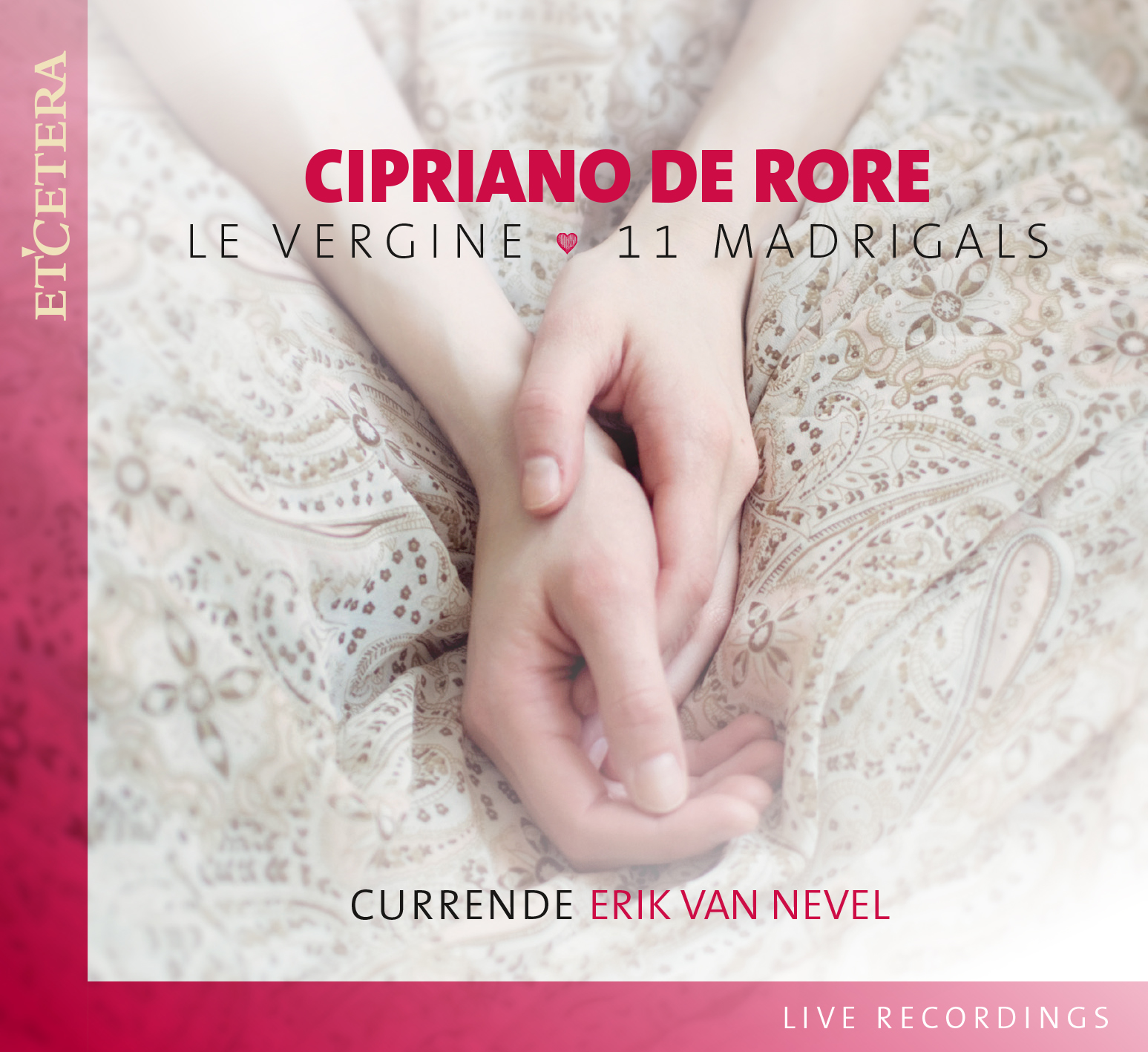
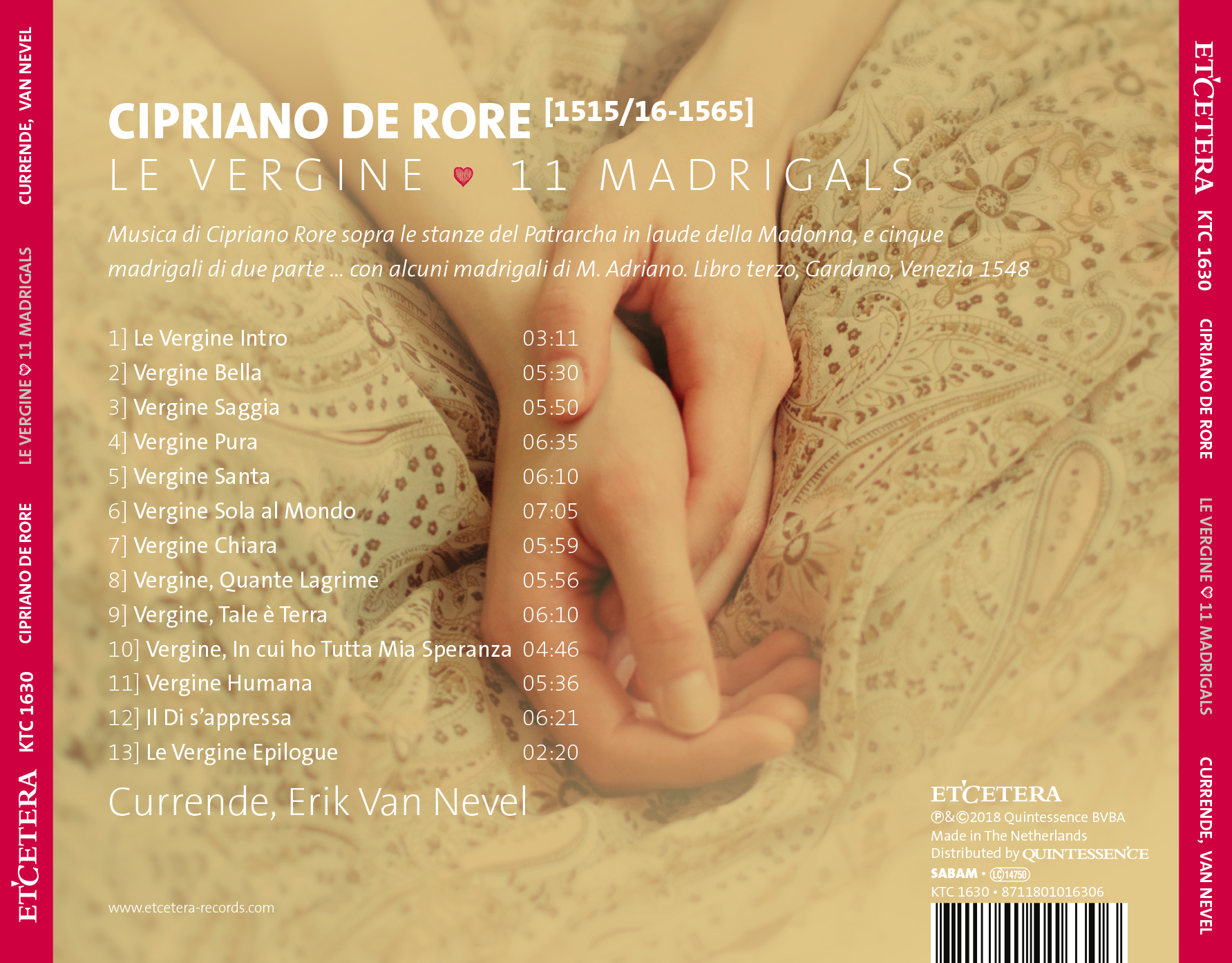

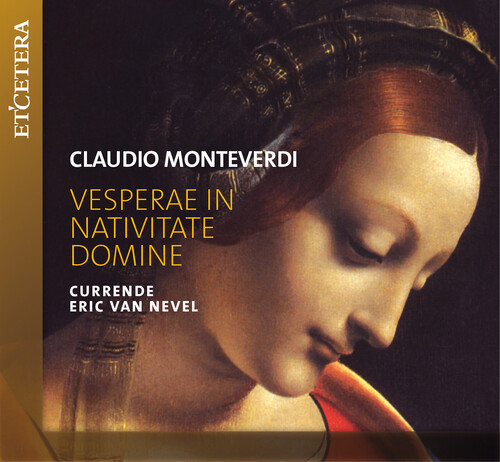
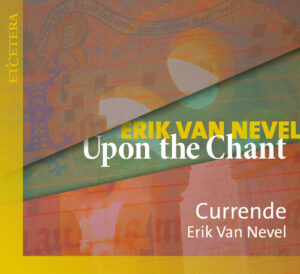
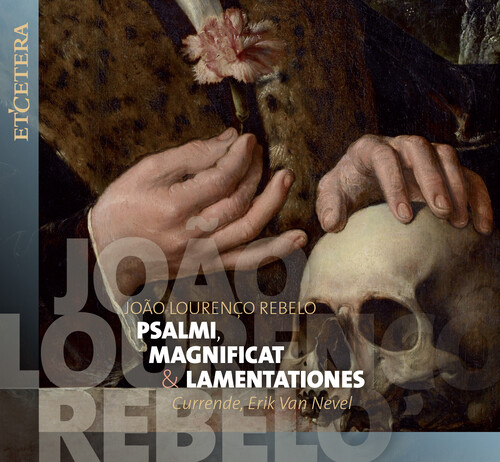
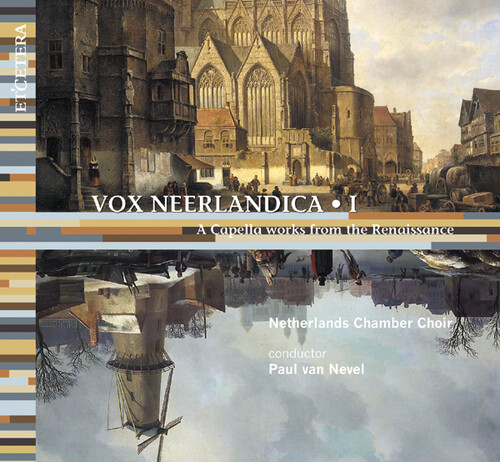
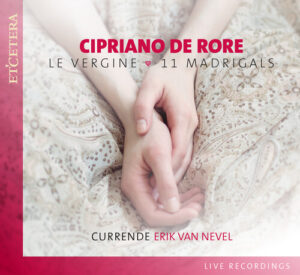
Reviews
There are no reviews yet.